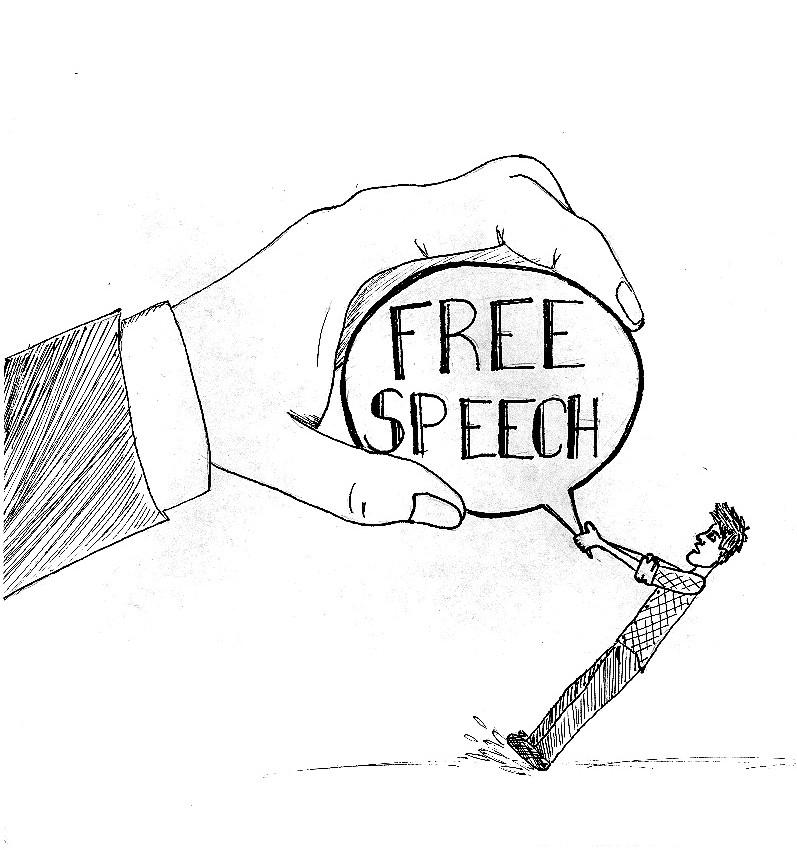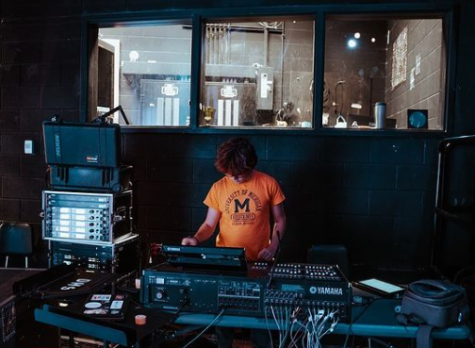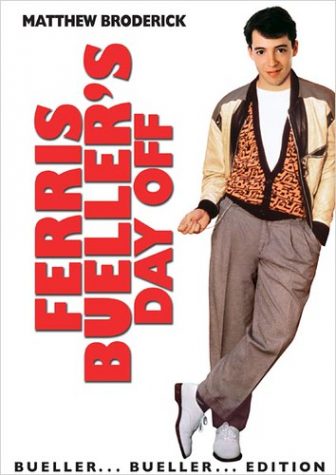Freedom of Speech is absolute
Personal offense should be placed aside
Throughout the U.S., there is controversy about the limits of free speech rights. Some people believe that burning our country’s flag crosses the line, while others believe that it innocently demonstrates their free speech. I believe that if people want to burn the American flag, they should be allowed to do so as long as it does not affect anyone’s safety. My view on this topic is very simple: I believe freedom of speech trumps all, because in America, it would be hypocritical to reject certain types of speech.
Vandalizing property, on the other hand, is something I don’t believe in. Whether or not the content of the vandalism is negative, it is still illegal. It is legal, however, to express freedom of speech, even if it is very offensive. I stand by this legality because it is following the absolute nature of the First Amendment.
My parents often express their concern to my twin sister, Hannah, and I when it comes to anti-Semitism. They have said countless times that once we go to college, we will see the severe anti-Semitism that occurs there. They try to drill in our heads that college is not like Deerfield where a high Jewish population exists. Typically, when Hannah and I hear this, we brush their worries off. As the saying for teenagers goes, as I have heard many parents and teachers say many times, “They think they are invincible.” I will acknowledge that I do indeed fall under this stereotype as I cannot actually imagine getting severely insulted by people who are against my religion. This mainly has to do with the fact that it has never happened to me before, and I feel very comfortable in my community with the high population of Jews that exist.
In my parents’ generation, however, there was a Nazi March in Skokie. The March was allowed and not viewed as an illegal act clearly because of the First Amendment, Freedom of Speech.
I always tell others that I wish I was alive and able to see this protest. I feel like I need to see anti-Semitism first hand, because quite frankly, I have never directly experienced acts against my religion. I want to get ready for college and see the world outside the small town of Deerfield. How in the world was this Skokie March permitted? That’s the question I continuously asked those around me who first told me about that story. I now know that it was permitted as a result of our First Amendment. Although I individually have never experienced anti-Semitism before, I acknowledge the inherent yet necessary dangers of the First Amendment and the offensive speech that could result.
Recently, a significant event has been hot news throughout the country, but this particular story struck interest in me: the Emory Alpha Epsilon Pi (AEPi) fraternity house was spray painted with swastikas by a group of anti-Semitic students. This story of an anti-Semitism demonstration at a university is scary for me as I plan on being involved in a Jewish fraternity house when I go to college in less than a year. The teenagers who spray painted the AEPi house with swastikas should be punished because vandalism is not included in the First Amendment.
Yet simply expressing religious beliefs should be allowed even if the expressions are extremely negative, because that falls under the First Amendment. Freedom of Speech trumps discrimination because if there were limits on what we are free to express, the First Amendment’s definition would then be false. I would not want the First Amendment to be changed to something like, “We have freedom of speech, except for these expressions…”
“We are outraged at the insensitive display of prejudice that occurred at the Alpha Epsilon Pi house at Emory University,” the Emory fraternity said in a statement to Business Insider. “We are working alongside Emory to ensure that intolerable acts of hate, such as this, will never occur again. We are thankful for the community around us that has shown tremendous support throughout this time.”
I believe that this quote from people within the university is an act of frustration and anger. Heck, I was pretty shaken and pissed off when I first learned of this story. After my first few minutes of heated anger towards the mystery students who conducted this act, I was able to calm down. Once calm, I knew deep down that these students had the absolute right to do something hateful like this towards a religion (aside from doing something physical on one’s property). As long as safety was not at risk, these college kids are representing their freedom of speech when it comes to not liking a religion. However, spray painting property that is not yours, no matter what is spray painted, is not permitted. Those individuals clearly hate Jews and wanted to show their disgust with the Jewish religion. Polite? No. Allowed? Of course.
If I lived in the Emory AEPi house when this horrible act happened, I would need to force myself to keep my head held high, knowing that anti-Jewish people can hate my religion all they want, but I will always feel honored to be a part of it. My identity as a Jew prompts me to be proud of my religion while at the same time urges me to be able to handle the wide range of anti-Semitism throughout the world. Hank Greenberg, who was a great Jewish baseball player for the Detroit Tigers and Pittsburgh Pirates, had to deal with the anti-Jewish remarks towards him without using violence to fight back. Offensive comments were screamed at him by fans, teammates, and his opponents. If he fought back, he would be falling into the hands of what these anti-Semitic people wanted, which was to get in the head of Greenberg.
I am angry and frustrated about these very offensive act towards my religion, but I find it hard to punish something when it seems to be a hypocritical violation of the First Amendment mendment. My identity as an American is to follow the rules of the First Amendment, as it is the most important amendment out there and the foundation of our Constitution.
If punishments are imposed on protests deemed offensive, than what is the purpose of the amendment, and what power does it hold over the people of the U.S. Constitution? More importantly, that raises the question, “What crosses the line when demonstrating your opinion freely?” This thought leads to controversy, and if that anti-religion act is not allowed, then U.S. citizens do not have the full joy of displaying their freedom of speech. Individuals in the U.S. then do not know what they can express, whether it crosses the line or not.
If the students who were responsible for this anti-Semitic act were punished, this could lead to worse acts down the road caused by these group of students. As a Jew, the Emory incident disgusts me. However, I know that within my belief in Free Speech, which I am very grateful for, the anti-Semitism represented by a few careless college students needs to be taken with as much stride as possible, with no consequences coming forward for hating a religion, but rather simply for the illegality of vandalism.
Emma Pinsky is a senior and the managing editor of Deerprints. She joined Deerprints as a sophomore to pursue her interest in writing and it quickly became...











